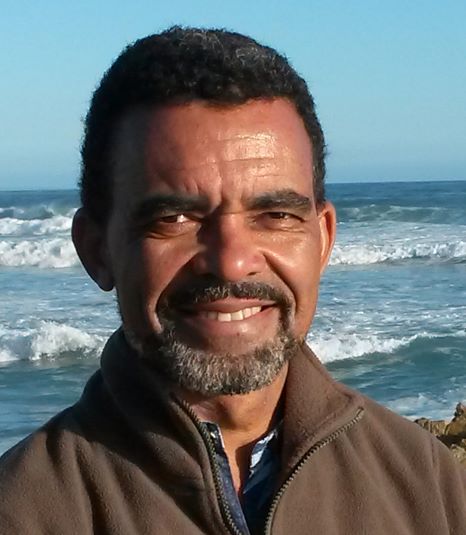Ten more years or less to stop climate change and devastating environmental degradation. We have all heard these unsettling words and they are now being echoed with increased urgency. With an ever-increasing amount of scientific data showing that serious action needs to be taken at all societal levels, why are we still falling short on delivery five years after the Sustainable Development Goals (SDGs) were adopted by the UN?
In a recently published paper, Earth Commission member Dr David Obura states that the intricacy of the 17 goals and their corresponding 169 targets with 1-3 indicators each might hold the answer to that question:
“This complexity is daunting, particularly as success means achieving them all as an indivisible whole, not focusing exclusively on just one or a select few. Thus, since their ratification in 2015, countries and all stakeholders have been struggling to identify how to implement them successfully, and measure progress credibly.”
With the model presented in the journal Marine Policy David Obura seeks to present how the SDGs can be used as a roadmap where relationships across the 17 goals can be broken down into pathways to fit any local stakeholder’s perspective or context. This assists in identifying key relationships and metrics within that specific environment that can then be turned into plans for action.
“I try and show that you can write the narrative about a community or society living beside for example a coral reef, in everyday words, mentioning all 17 of the goals, all in less than 150 words – your classic ‘elevator pitch’”, he explained.
In the paper this model is applied to a coastal area and to the concept of blue economy, where the aim lies in achieving balance between economy, environment, and social goals. This means agreeing on moving away from a primary focus on economic wealth generation at the cost of ecosystems and important social factors. The approach works by picking a starting point, in this case the ocean (goal 14), then mapping out and highlighting its connections to the other 16 goals.

When these key connections, or pathways, have been highlighted, this sets the basis for a roadmap addressing all the different components and potential routes to address them. Actors, such as business owners or officials running a local government office, can translate this into their own plans and actions for meeting the goals. These actions can then be scaled up to community, city, or a country level, providing bottom-up action to achieve the SDGs in a concrete way.
David Obura is a coral reef expert and Director of Coastal Oceans Research and Development – Indian Ocean (CORDIO) East Africa and based in Kenya. He is also a member of the Earth Commission, which is working to underpin the setting of science-based targets for nature. His recently published research is relevant also to the Science Based Targets Network, which is working to downscale global goals and targets to local actors such as companies and cities. Both the Earth Commission and the Science Based Targets Network are part of the Global Commons Alliance, a network of organizations, businesses aiming to transform the world’s economic systems and protect the global commons – the natural resources we all depend on.






修改评论